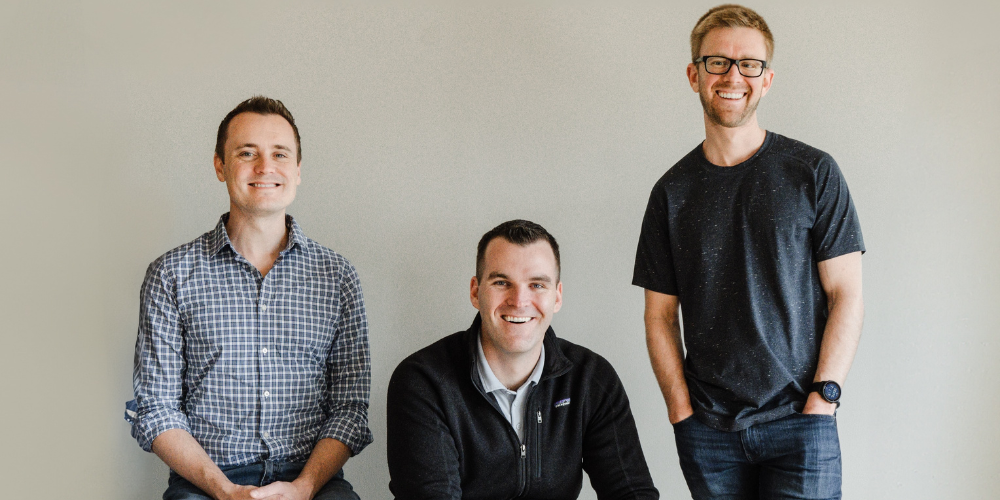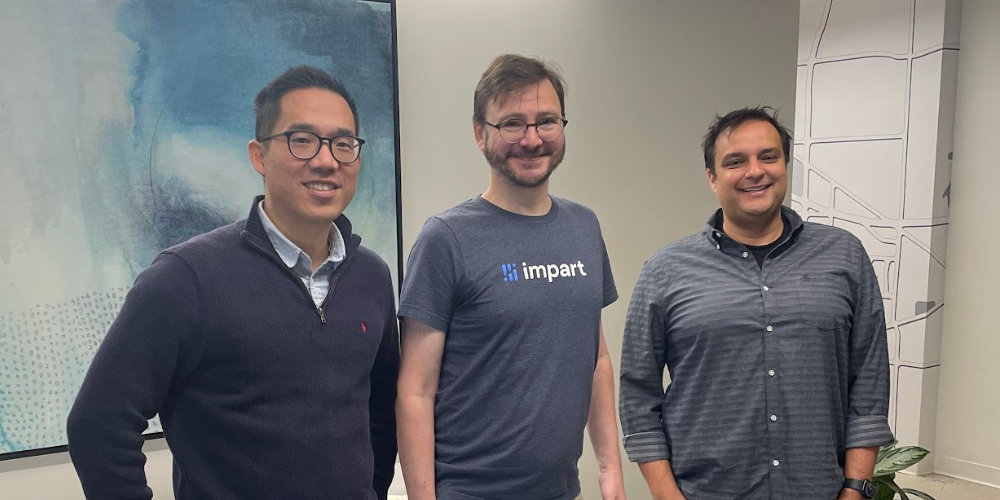At Madrona, we believe the most transformative AI companies don’t just accelerate existing workflows — they work from first principles, reinventing the nature of an individual or team’s work, helping them replace labor-intensive, tedious tasks with intelligent, adaptive software. This doesn’t just free people up to deliver higher-level impact and better care, it reshapes the economics of care delivery and empowers more proactive, patient-centered decisions at scale. In categories where high human cost meets low systematization, the potential for reinvention is massive. Few sectors exemplify that better than healthcare.
Every health system we talk to is wrestling with the same dynamic: rising complexity, shrinking teams, and manual processes that no longer scale. One of the biggest pain points felt today is chart review — the essential but often neglected task of ensuring clinical documentation is accurate, complete, and compliant.
We believe a new wave of intelligent applications, powered by AI, will rewire the operational backbone of healthcare, and chart review is one of the most high-leverage and high-impact places to start.
That is why today we’re excited to announce our investment in Charta Health’s $22m Series A round led by Bain Capital Ventures and with participation from our friends at SV Angel, Refract Ventures, and South Park Commons. Charta is an AI-native platform purpose-built to transform chart review from a manual, inconsistent back-office into a real-time, end-to-end intelligence layer for healthcare providers.
How Charta Health Is Rewiring Healthcare Workflows with LLMs
Unlike older rules-based NLP systems that break under nuance or require constant retraining, LLMs can reason across complex, unstructured data, understanding the why, not just the what, behind a note. Charta’s AI-native approach leads to more accurate, responsive clinical and administrative workflows. The benefits of which are self-evident: fewer mistakes, more informed decisions at the point of care, more accurate billing, and more effective use of provider and administrator time.
Every patient encounter generates a mountain of documentation: notes, labs, scanned forms, PDFs, and EMR entries. Yet in most provider groups, only 1–2% of charts are reviewed, often by overstretched QA teams, and typically weeks or even months after the care was delivered. Charta Health changes that. Its platform reviews 100% of clinical documentation in real time, before billing, scanning across EHRs, unstructured notes, and PDFs to surface gaps, inconsistencies, and compliance risks. The system not only flags issues but explains its reasoning, giving human reviewers clear justifications and final approval, keeping clinicians in control while automating the most time-consuming work.
This isn’t just AI making suggestions; it’s a system that reads like an expert reviewer, using built-in logic and clinical sequencing that mirrors how experienced clinicians, coders, and auditors evaluate a chart.
Chart Review as the Wedge into a Broken Workflow
Rather than attempting to reinvent the entire revenue cycle, Charta has been laser-focused on the point in the workflow where documentation errors translate directly into financial loss and operational strain. This critical pre-bill moment is where smart automation can have an outsized impact. By intervening in real time — not weeks or months after the fact — Charta enables:
- Improved billing accuracy by surfacing missed codes, unsupported diagnoses, and documentation gaps before claims are submitted
- Reduced administrative overhead by automating chart review and eliminating manual QA workflows
- Increased revenue capture through more accurate coding and streamlined documentation workflows
- Scalable chart review at 100% coverage — enabling providers to replace sample-based audits with real-time, full-chart intelligence
Charta is already seeing strong pull from provider organizations seeking to modernize high-cost, manual documentation workflows. Customers report up to a 15.2% increase in RVUs per patient, with an average revenue lift of 11%. This kind of tangible impact is driving rapid adoption, and we’ve been consistently impressed by the team’s clarity, pace, and deep commitment to solving real-world problems.
A Founding Team Built for This Challenge
We first met Justin Liu (CEO & Co-Founder) in early 2023, shortly after he left Rockset. Over the last two years, we’ve watched him operate with remarkable speed, conviction, and curiosity, diving headfirst into the complexities of healthcare operations and emerging with clarity, urgency, and executional excellence. We’ve also got to know Scott Morris (CTO & co-founder) over the last year. Scott complements Justin as a deeply technical leader whose engineering discipline was honed by building complex systems at Rockset.
From the start, Justin and Scott took a first-principles approach to building. They fully immersed themselves into healthcare and became certified professional coders (CPC) to deeply understand the pain points faced by QA and documentation teams — a testament to their humility and customer obsession. They’ve also assembled an exceptional team that blends technical depth with real healthcare expertise, including Chief Medical Officer Dr. Caesar Djavaherian, co-founder and former chief medical officer of Carbon Health, and Tam Pham, VP and former chief product officer at Chirok Health.
We’re excited and proud to partner with Justin, Scott, and the entire Charta team as they redefine how healthcare teams operate — with AI-powered systems to improve productivity and to create tangible impact in a vertical where the providers and recipients of care are craving innovation. Check out their first-principles approach to applied AI in healthcare, and explore their job openings at https://www.chartahealth.com


